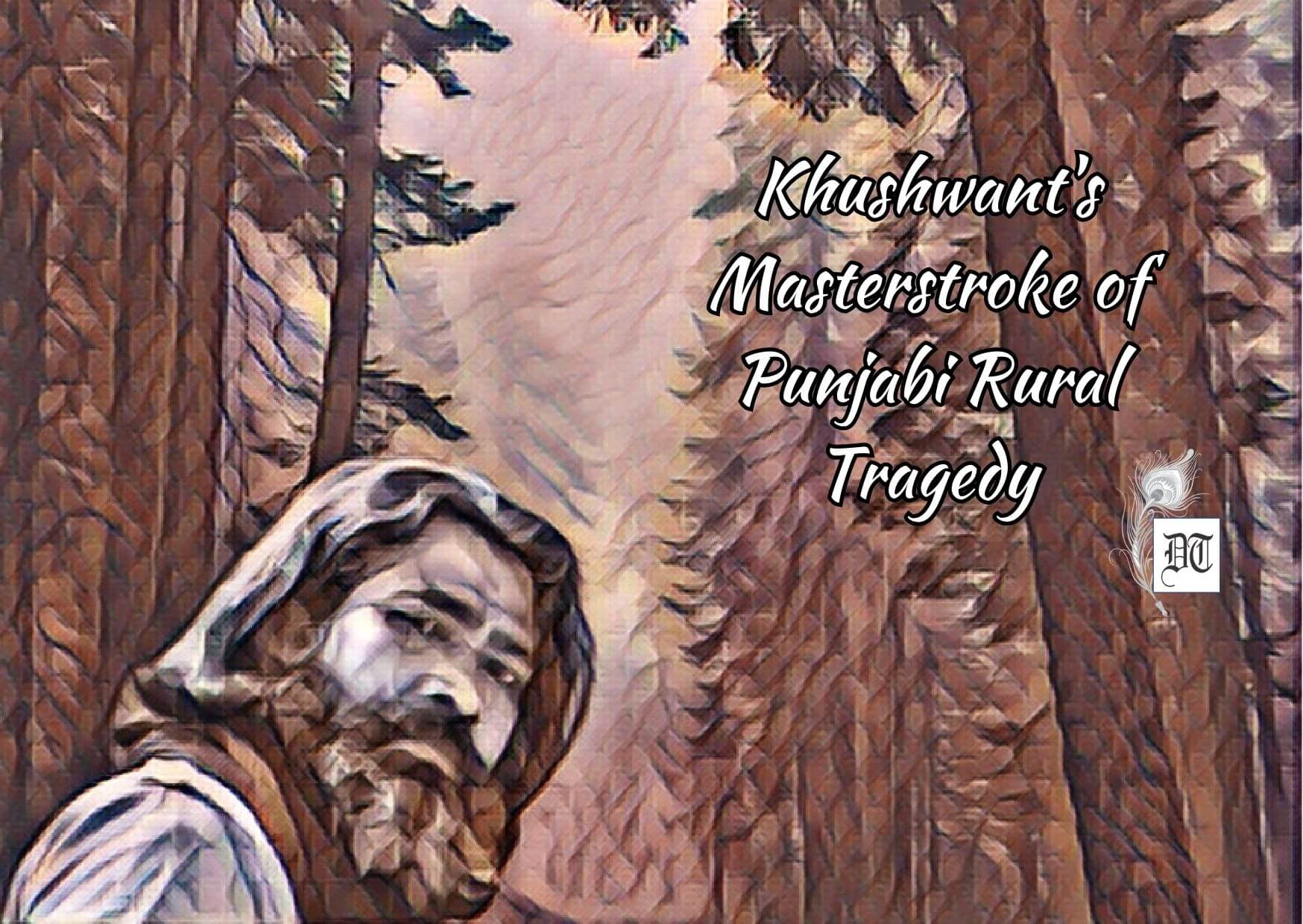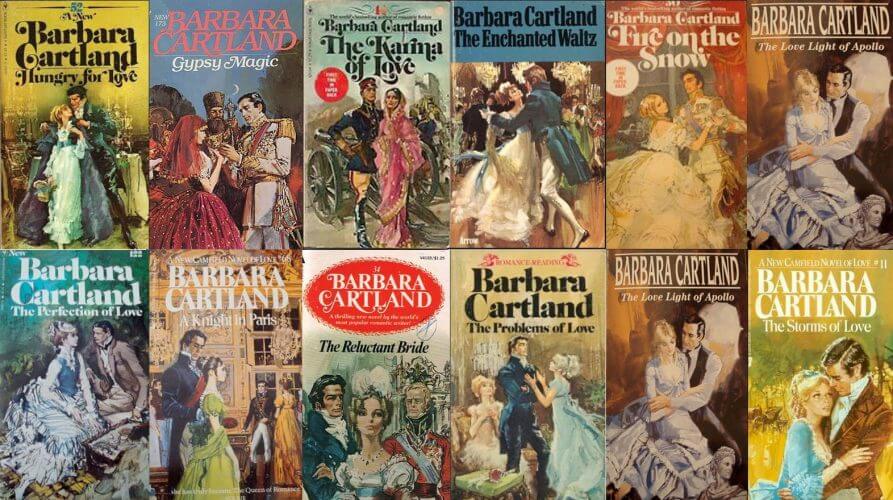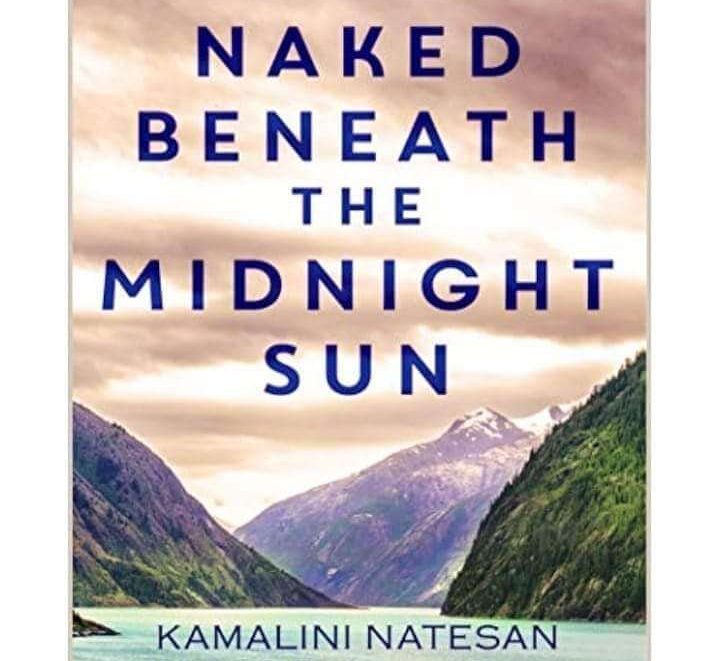Ampat V. Koshy’s latest anthology of poems, Allusions to Simplicity: Collected Poems, is a political statement of the celebrated poet. He is in the tradition of Wordsworth, Coleridge and Arnold in voicing his politics. This anthology shows the influence of Tagore, Rumi and Ghalib. Koshy inherits poetic tradition from countless poets before him. Here’s a review of his poems by Arindam exclusively for Different Truths.
Book Details:
ISBN: 978-93- 5207-324- 5
No. of Pages: 117
Price: Rs. 295
Publication Year: 2016
Poetry is politics. William Wordsworth and Samuel Taylor Coleridge published Lyrical Ballads, in 1798. It was an important milestone in the changing trends in English poetry. At the close of the 18 th century, Wordsworth explained his poetical concept (read politics), in an advertisement. It said, “The majority of the following poems are to be considered as experiments. They were written chiefly with a view to ascertain how far the language of conversation in the middle and lower classes of society (italics mine) is adapted to the purpose of poetic pleasure.”
 They focused on simple, uneducated country people who became the subjects of their poetry. The language was more vernacular too. It is believed that Wordsworth was in agreement with Rousseau’s belief that humanity was essentially good. Society corrupted it. It was the emerging and popular sentiment that was spreading through Europe just before the French Revolution.
They focused on simple, uneducated country people who became the subjects of their poetry. The language was more vernacular too. It is believed that Wordsworth was in agreement with Rousseau’s belief that humanity was essentially good. Society corrupted it. It was the emerging and popular sentiment that was spreading through Europe just before the French Revolution.
The third Victorian poet, Mathew Arnold, had sharpened the dos and don’ts further. He was more of a sage 1 writer, one who chastised and instructed the reader on contemporary social issues.
As a postgrad student of English Literature, at the Allahabad University, we had the good fortune to attend the classes of the celebrated contemporary poet, Arvind Krishna Mehrotra. In one of his classes, he had said, “Language is inheritance.” He went on to explain how all poets, knowingly or unknowingly inherited the language of all the poets before him.
It is in this backdrop, I keenly read Ampat V. Koshy’s latest book on verse, Allusions to Simplicity: Collected Poems. The 2012 Pushcart Prize nominee’s poetic politics, if I may use the term, finds space in the present anthology.
In the Author’s Preface, Koshy writes, “These poems were written at a time when world was already becoming disturbed. The disturbance can be seen in them, as well as the reactions and escapism.” He adds, “They are in free verse and heavily allusive to literature and classics, hence the title.”
We find the poet speaking of influences of earlier works of literature in no uncertain times. I recalled Mehrotra about what he told us in a classroom many moons ago.
Let’s not forget that Koshy was always in the noble company of Tagore and Tolstoy as an assistant professor of English Literature, in the College for Arts and Humanities for Girls, Jazan University, Kingdom of Saudi Arabia.
In his poem, Kaviguru Rabindranath Tagore, he writes:
Your shadows fell across my mother and father.
I listened to the Song Offerings’ best parts
learned by heart by my loving father, 
heard my mother speak of Paresh Babu
as one of her ideal characters from books.
I read Wreck but was blown away by Gora
for teaching me how to invert a tale,
subversion before the word became common;
agreed that you deserved the Nobel.
Heard of a man from Kabul,
felt sad when Homecoming did not take place.
I wanted to be Upagupta,
love Chandalika and Kadambari,
did not like the essays that showed intolerance.
I kept on multiplying my reading of you.
And in the last stanza, Koshy says:
Happy birthday, Gurudev;
not to you they all bow down to,
the one they think none can equal or surpass,
stunting all growth with that narrow view;
but to the one my mother and father
inspired me with, to take up the pen, among others;
the one they loved and passed on to me
in the same mode as you
in a clear, lyrical, simple and purely Tagorean way.
The poem, Shayar, deepens Koshy’s poetic inheritance:
O Rumi,
intoxication with the divine
is not the only way.
O Ghalib,
the way of the senses
is not the only one.
Brothers, you know
the body of my love
also has on it cartography
that gives me the map…
A poet is a product of his times. Koshy turns his gaze to the contemporary society and pens a poem on the infamous Nirbhaya case, the gruesome rape and brutal murder of a girl in a moving bus, in the first section of the book. He rues:
a teacher to hide her kids and be killed?
a woman to get raped and killed?
children to die for no apparent reason or get raped?
this can’t be real
this can’t be happening
today
even as I sit and write!
The need for narrative in such a society is immense. We find Koshy recast a folklore in verse, in his poem, Yekaterina: A Russian Folk Story Retold as Verse. He captures its enigma in:
a girl with was there with a face like moon 
yes, a moon-faced girl
who went to fetch some water
made an hole in the ice with an axe, so cold
and put her bucket in
long ago, in Russia, this was
she lost her bucket and stood and wept
poor Yekaterina, the moon-faced girl
for in the house was no one who loved her
The bane of human development where selfishness and subservience has been an intrinsic part. It leads to alienation.
Lack of love, the need to love, carnal and otherwise, and lust also find voice in Koshy’s work. Suppression and the politics of silencing the discordant voice finds expression in two poems. The structure and substance of the poem, No Voice, caught my attention. Unawares perhaps, he echoes the concept of the negation of negation in the Upanishads. Keep reducing till nothing is left. This he achieves with repetition of the word ‘no’ all through the poem. No capitals, no punctuation, no full stop even at the close of the poem (read form), adds to its content here:
no voice
no sign
no words
no line
no choice
no hope
no lies
no time
no love
no hate
no high
no mine
no light
no sight
no well
no crime
The second poem that achieves this, tongue-in- cheek, is How to Make a Poem Vanish. Though playful at the surface, it has a submerged voice of protest:
an ant just bit me
n ant just bit m
nt just bi
t just b
just
us
u
This anthology has many shades. I dwelled on one. Read it to explore the multiple layers of Koshy’s work.
I close my review with few mundane observations. This anthology has 67 poems, presented in three parts. In his Acknowledgements, Koshy tells us that these poems are from his three earlier anthologies, Soul Resuscitation, 2 Phases: 50 Poems and Igniting Key.
Those who have read his earlier anthologies might find it interesting to revisit his favourite poems in the present anthology. All readers will experience the evolving and varied sensibilities of the poet, including those who might not have read earlier works.
Dwelling on the universality of the appeal of this anthology, the poet, adds, “These poems claim simplicity of the best kind…I hope each reader who has a child, a lover or a madman alive in them, especially, and everyone else will enjoy them.”
For me, some poems outshine others. But, that’s a personal take. It’s an anthology that you shall revisit time and again. Allusions to Simplicity is worth keeping in your collection.
1 Landow, George. Elegant Jeremiahs: The Sage from Carlyle to Mailer. Ithaca, New York: Cornell University Press, 1986.





 By
By